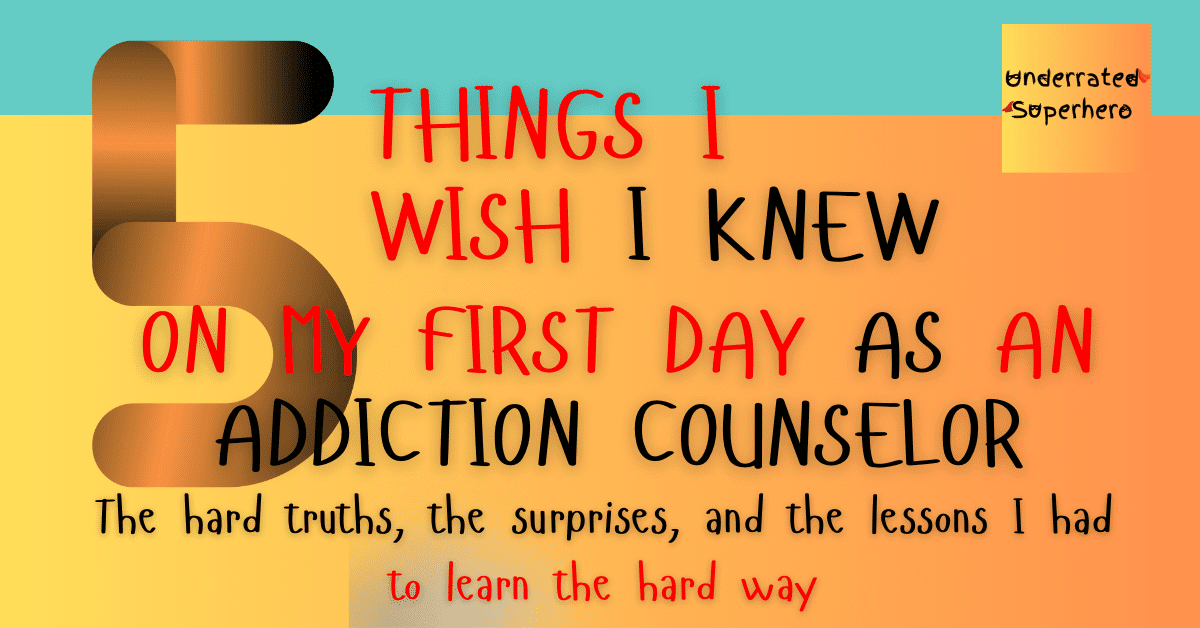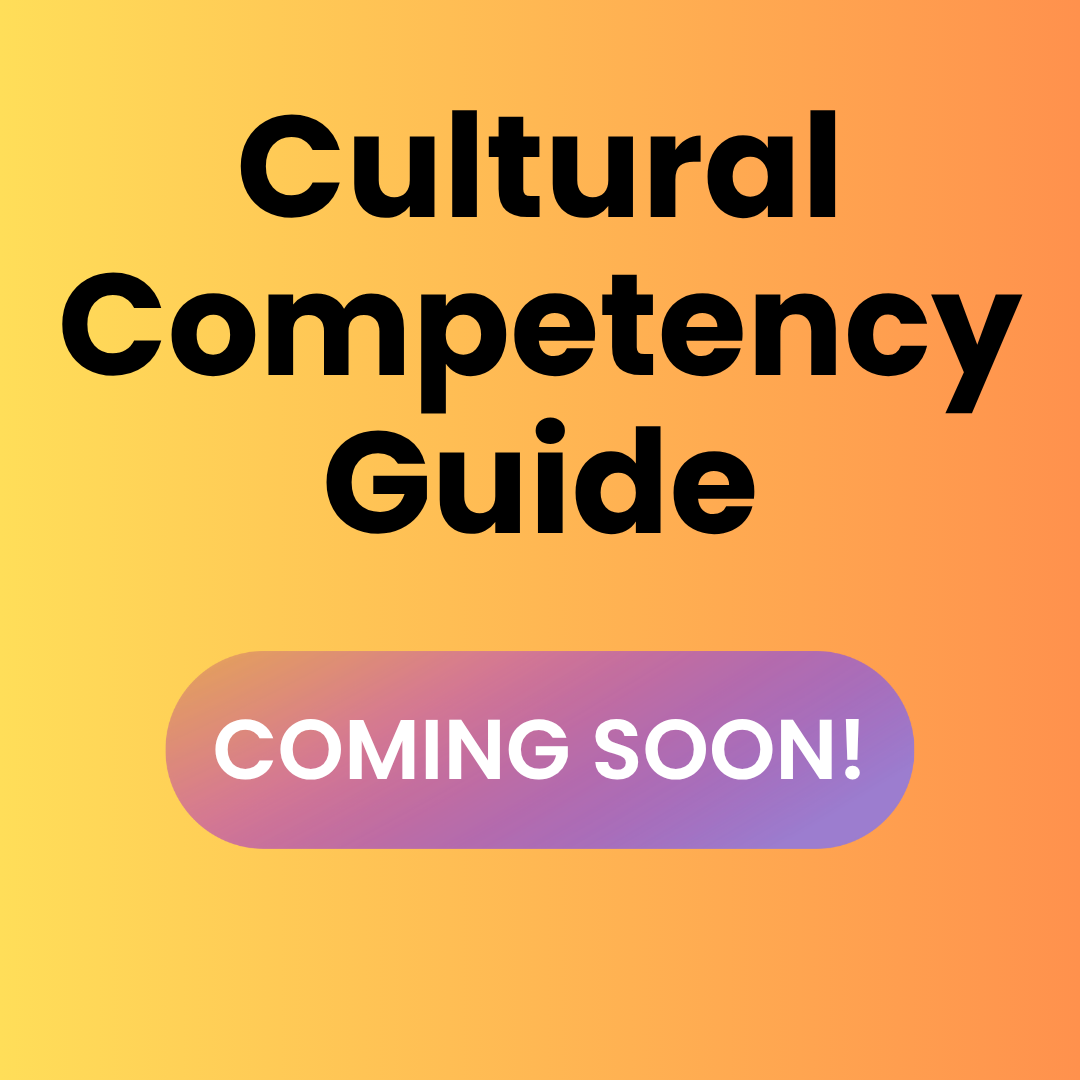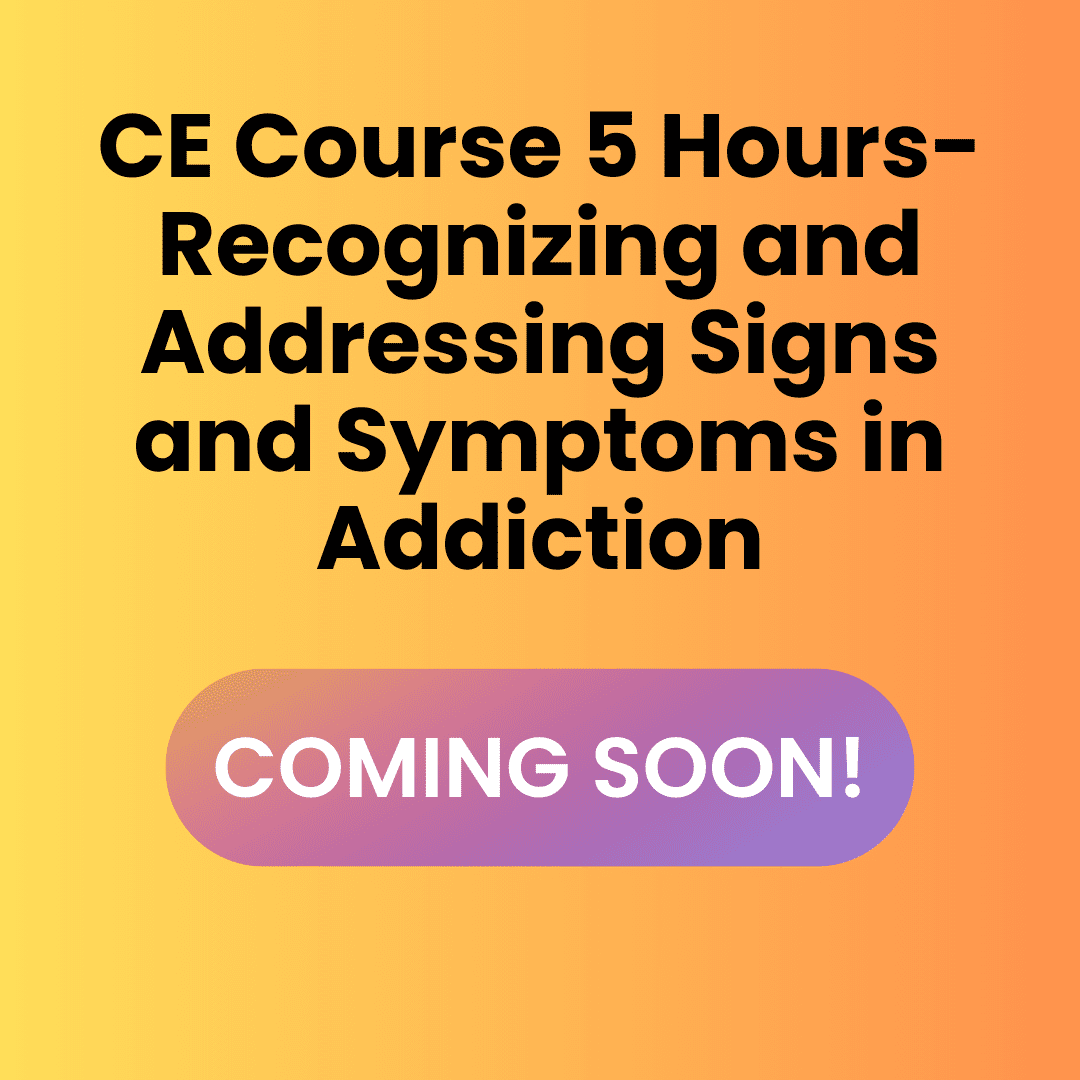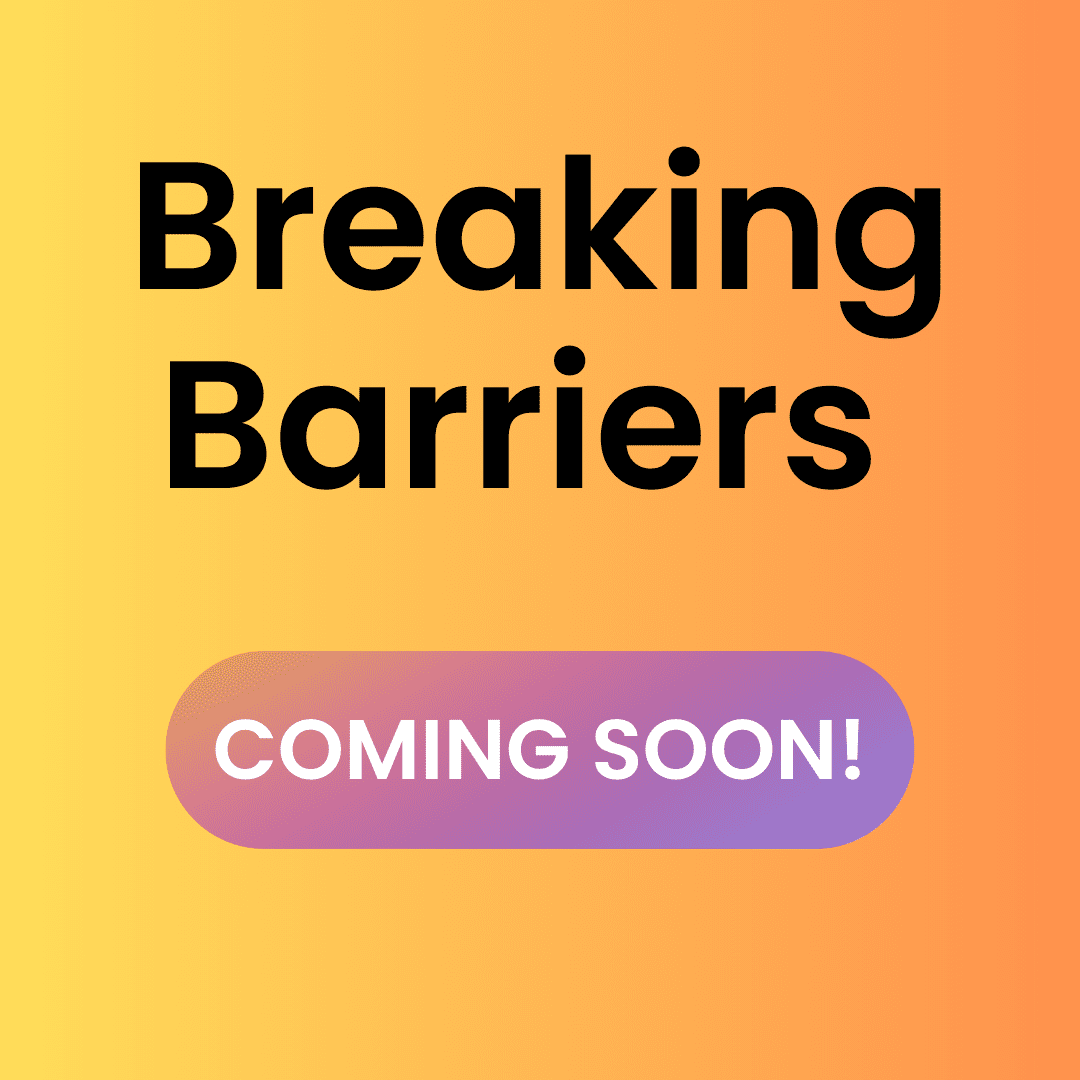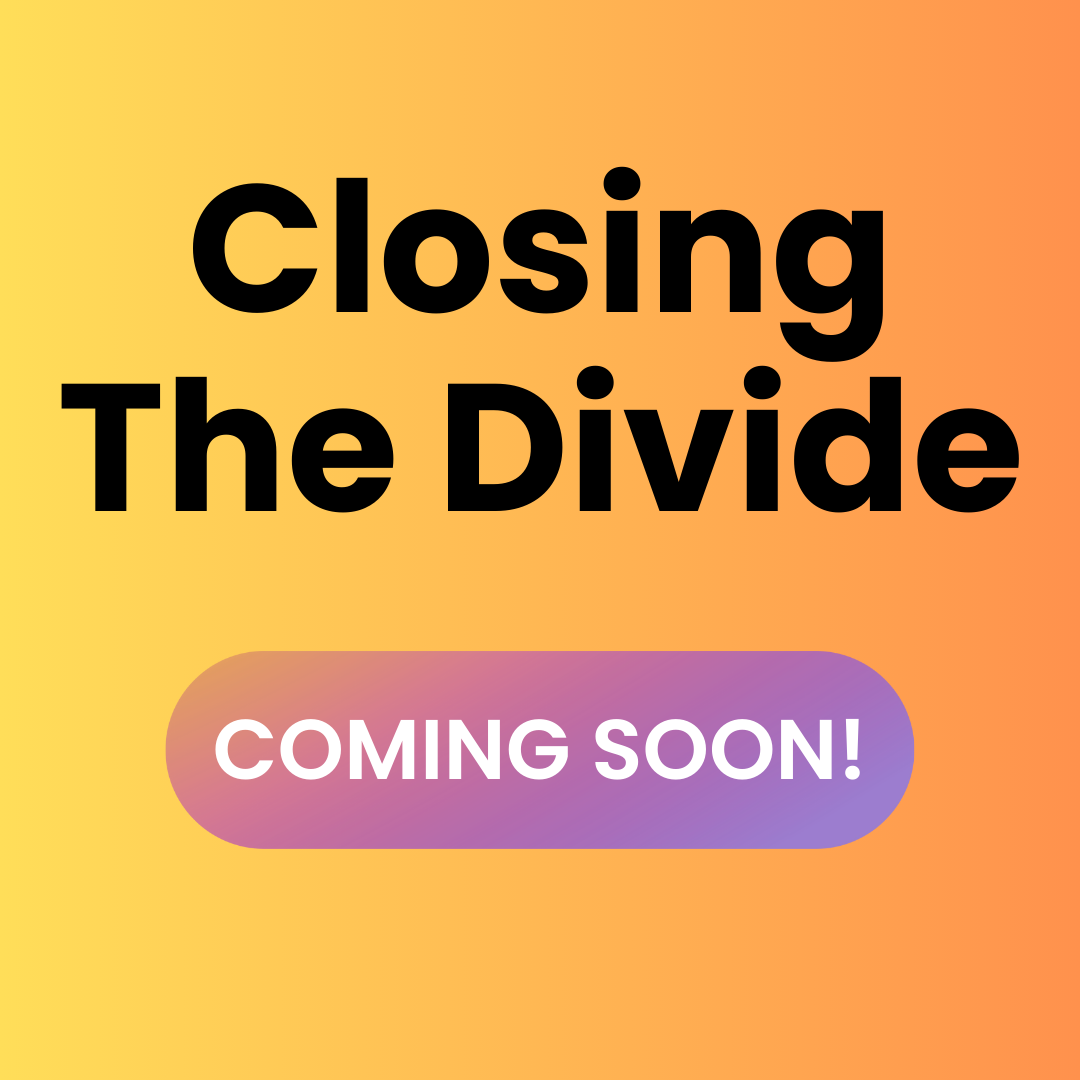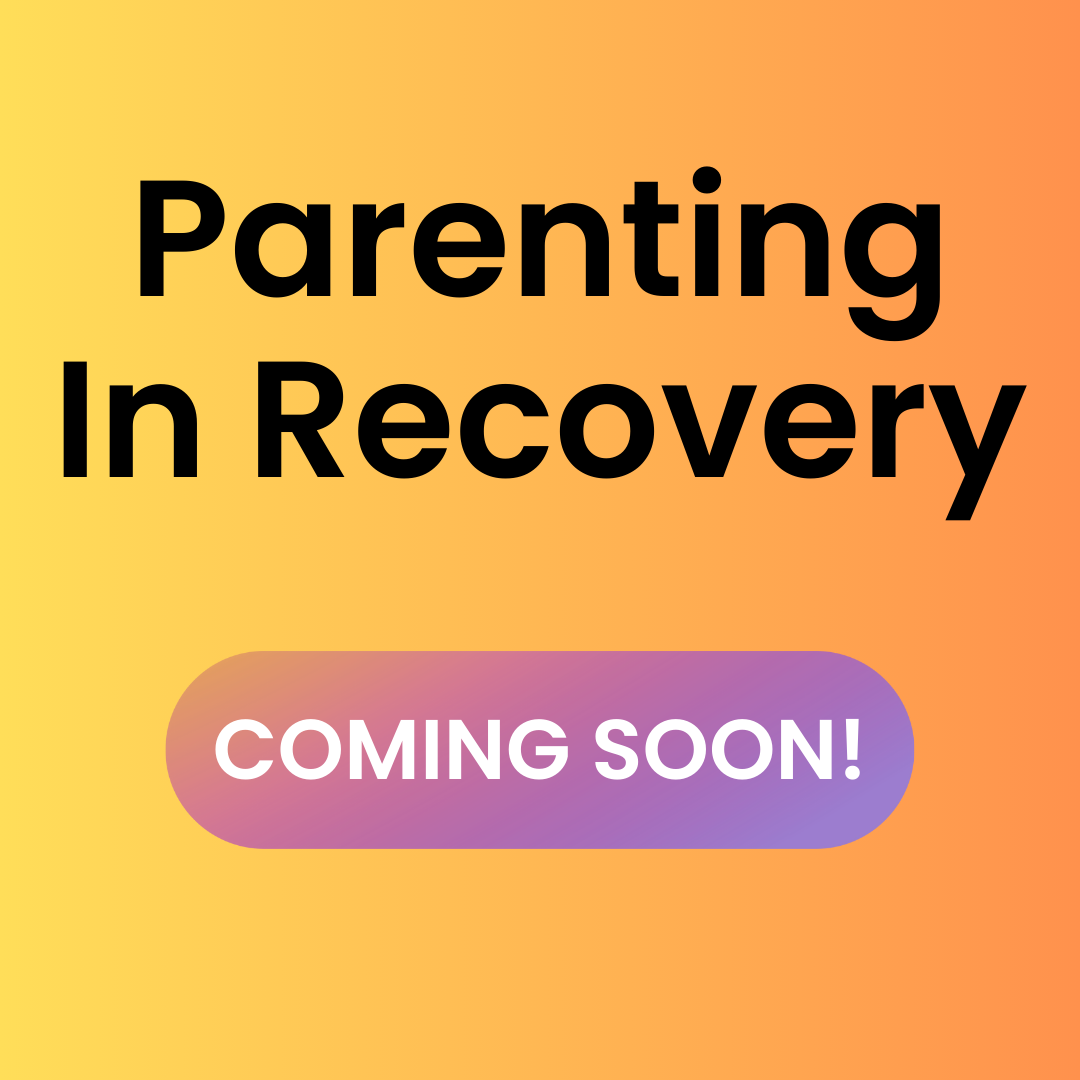Day One: A Stepping Stone That Became a Calling
When I first became an addiction counselor, I never imagined this career would shape my life so profoundly.
At first, it was a means to an end. My goal was to become a mental health counselor, and addiction counseling seemed like the logical first step.
I had my own history with addiction, not personally, but through my father’s struggle with alcohol. It shaped the way I saw the world, the way I understood pain, the way I wanted to help.
But, at that time, I didn’t expect to stay in this field.
Then, something happened.
I fell in love with addiction counseling.
I fell in love with the rawness, the honesty, the resilience. I learned quickly that this work isn’t about “fixing anyone,” it’s about meeting people where they are, standing in the trenches with them, and recognizing their strength even when they can’t see it themselves.
But no one prepared me for the lessons that would hit the hardest.
If I could go back to my first day, these are the five things I would tell myself.
1. Meet the Client Where They Are as an Addiction Counselor
Fresh out of school, I thought I was coming in to change things. I had my therapy assignments, my homework packets, my “interactive exercises” all ready to go. It didn’t take long to realize that none of that mattered if I hadn’t built trust first.

Clients didn’t need my worksheets. They didn’t need structured assignments forced onto them before they were ready.
They needed to know that I saw them, not just their addiction.
That was a humbling moment.
I wish someone had told me that this job is not about what I think someone needs, it’s about listening to what they are telling me they need.
Lesson Learned: You can’t force progress. You can only meet them where they are and walk alongside them.
2. Relapse Is Part of Recovery
I’ve seen good counselors turn on their clients the moment they relapse.
I’ve watched people ridicule, scold, and shame clients for “failing,” for “not trying hard enough,” for slipping back into old habits, even when we know, clinically, that addiction is chronic, relapsing condition and deeply tied to complacency.
I wish I had known from day one that relapse does not mean failure. It means something needs to be adjusted, reassessed, or supported differently.
That’s why we keep showing up.
Some clients relapse and learn from it. Some relapse multiple times before it sticks. Some don’t make it at all.
But those who do make it? They need to know that relapse was not the end, it was part of the process.
Lesson Learned: Relapse is not the opposite of recovery; it’s often a part of it.
3. As an Addiction’s Counselor, You Will Lose Clients, And It Will Change You.
The first client I lost to overdose broke me in a way I wasn’t prepared for.
I questioned everything.
What did I miss? Could I have done something differently? Was this my fault?

People could see it. They could see how it shook my self-worth.
I had to work hard to veer away from impending burnout — something research on counselor burnout shows can quickly derail both professional satisfaction and client outcomes — and move toward realistic expectations.
Because here’s the truth: I can’t stop someone from making their own choices.
I can’t protect my clients from the dangers of addiction, the violence of their environment, the unpredictability of life.
But I can show up while they’re still here.
I can be a safe place. I can plant a seed. I can remind myself that I am not responsible for their survival, but I can be a small part of their fight to keep going.
Lesson Learned: Losing a client is devastating, but it doesn’t mean I failed.
4. Residential Treatment Prepared Me for Anything.
Before I became an addiction counselor, I worked in youth residential treatment with girls ages 8 to 12.
They were young, too young, and had already survived things no child should ever experience.
I was thrown into a world of chaos, emotional dysregulation, and unfiltered trauma responses. These girls’ bit me, punched me, spit on me, cursed me out, pulled my hair.
They would laugh while hurting me, scream while breaking down, collapse into sobs the next minute.
That was my introduction to what trauma can do, and why understanding trauma and its effects is critical for anyone in behavioral health.
And even though it was one of the hardest jobs I’ve ever had, it shaped me in a way nothing else could.
Because when you’ve sat with that level of chaos, dysregulation, and pain, nothing shocks you anymore.
Nothing shakes you. You learn how to hold your ground in the storm.
Lesson Learned: If you stay calm, they stay calm. If you react, they react. Your ability to regulate yourself can change the entire dynamic in the room.
5. You Can Do as Little or as Much as You Wan. No One Will Push You but Yourself.
There are two types of addiction counselors I’ve met in my career:
The ones who just clock in and clock out.
Or the ones who push themselves to do more, even when no one is looking. I could have wasted time. I could have sat back, waited for clients to come to me, done the least amount of work possible.

But I didn’t.
Because this work matters to me.
And because of that, I had great success with my clients.
They stayed in treatment, completed programs, and built better lives, often at rates higher than my counterparts.
Not because I was smarter.
Not because I was better.
But because I was calm. I listened. I didn’t judge.
And that alone made the difference between someone walking out and someone staying long enough to actually begin their healing.
Lesson Learned: You can coast in this field, or you can push yourself to make a difference, but no one will push you for you.
Final Thought: If I Could Talk to My Younger Self.
“You’re going to see things you can’t fix. You’re going to lose people. You’re going to be exhausted, frustrated, and question whether any of it is worth it. But you’re also going to witness resilience that will change you.”
Because even on the hardest days, I’d still choose this work.
Every time.
If you’re an addiction counselor or just starting out in the field, what’s one lesson you’ve learned? Share it in the comments or join our resource hub for counselors.

